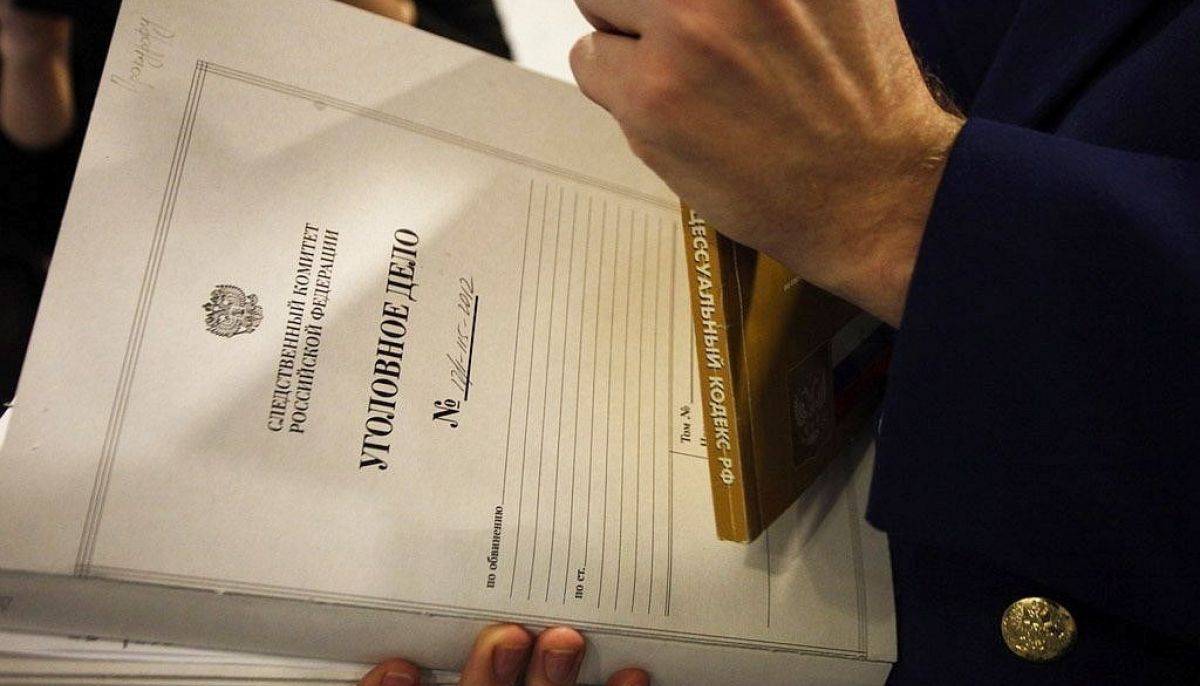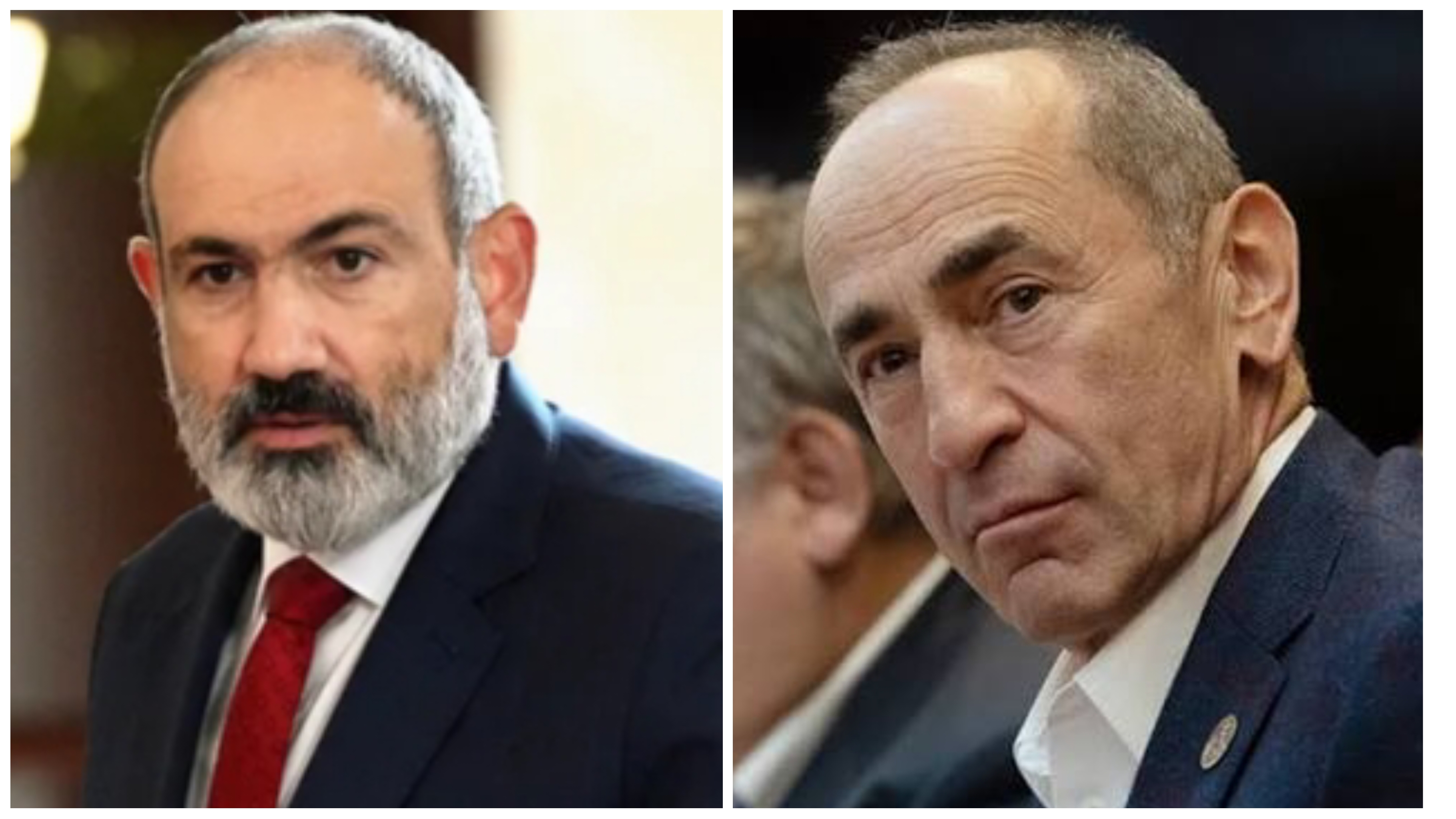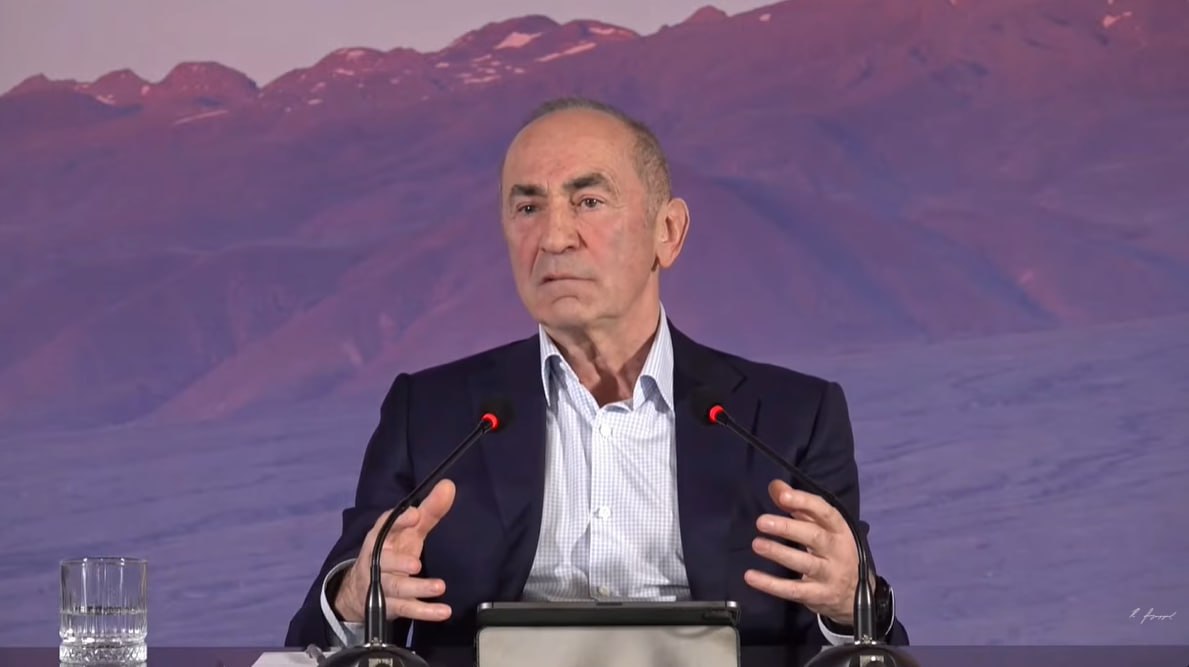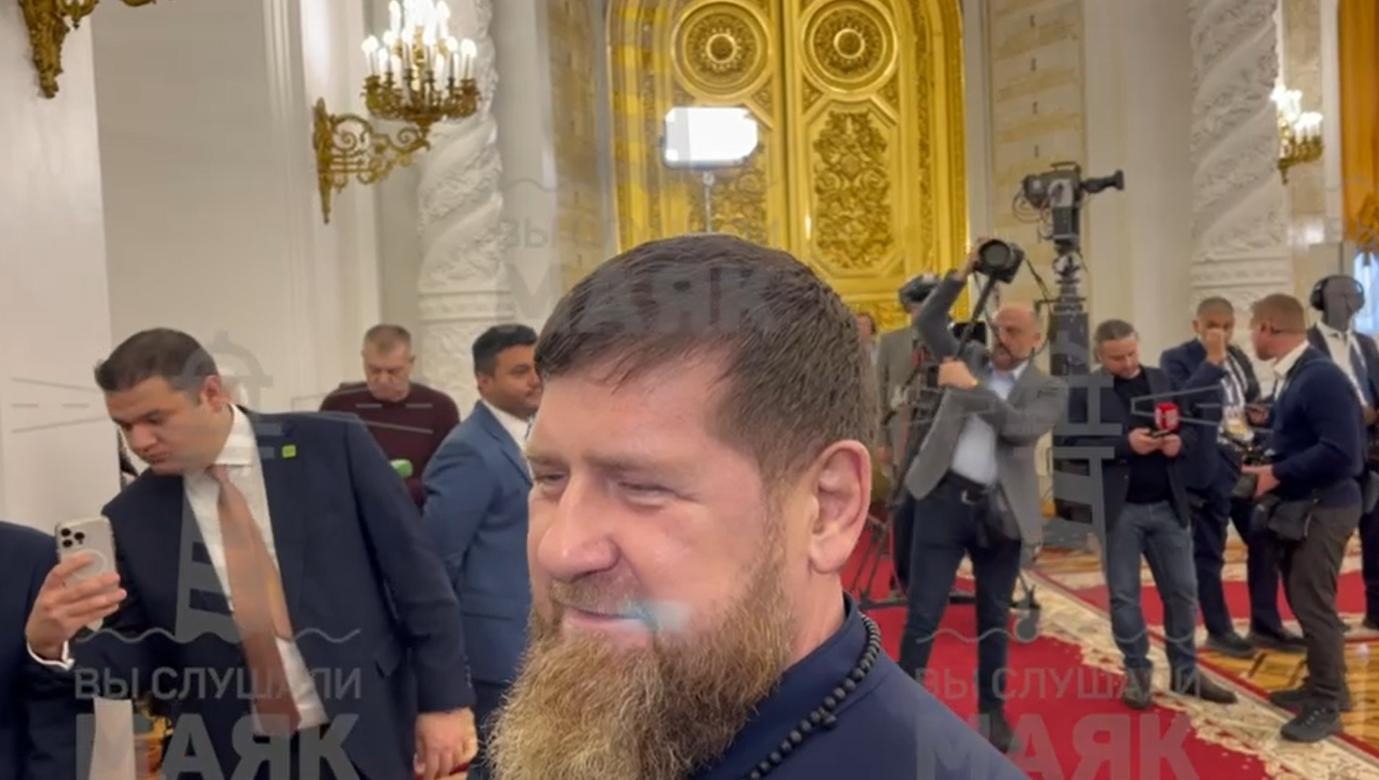A second administrative case has been opened in Chechnya in Russia for searching for "extremist materials" online. The case was registered by the Naursky District Court, and local resident Isa Magomadov is listed as the offender.
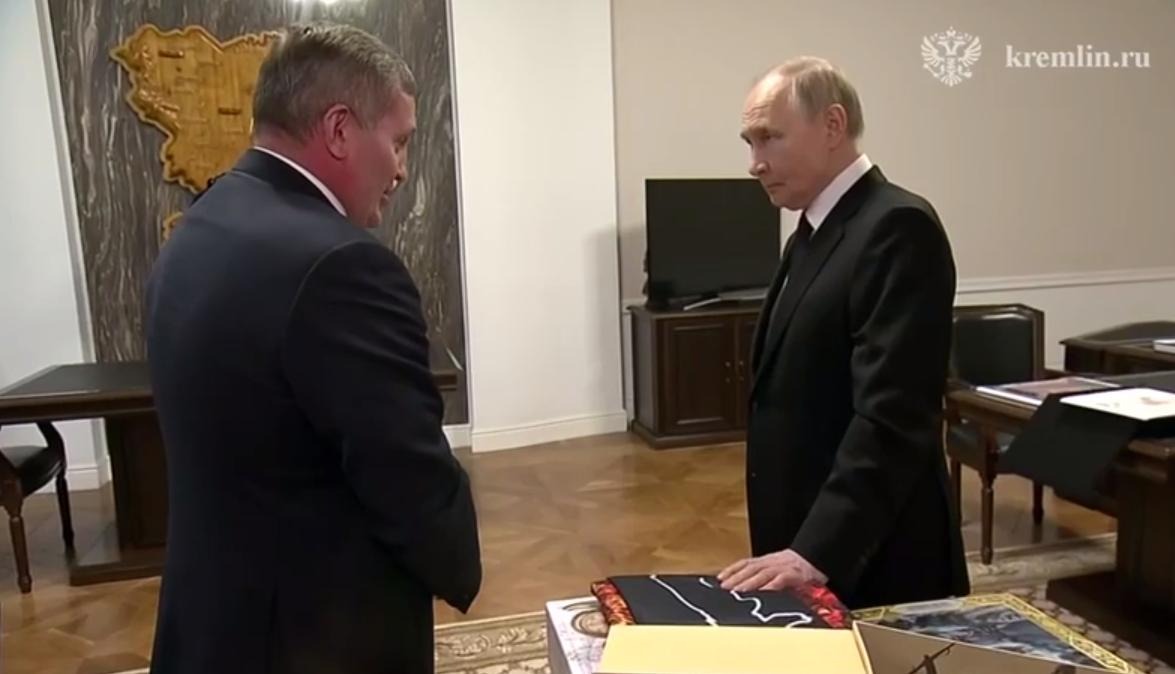
Putin signed a decree on assigning the Volgograd international airport the historical name "Stalingrad". For this, it was necessary to "address the veterans of Volgograd and the participants of the "SVO"".
In 1944, Soviet Secretary General Joseph Stalin ordered the deportation of Chechens and Ingush from the North Caucasus region to Central Asia and Siberia. Many countries of the world and the European Parliament recognized this act as genocide. Half a million people were forced to leave their homes. The number of victims during the period of deportation exceeded a third of the total number of peoples. The Soviet authorities confiscated the homes, land and all property of the emigrants.
As a result of the deportation, 20 to 35% of the population of the Chechen-Ingush ASSR, which was abolished, was lost. In the early years, there was a huge number of victims due to climatic conditions, hard work and epidemics in the new environment. Settlers could only move 3 km away from their place of residence.
In addition to the Chechens and Ingush, Karachay, Balkar, Crimean Tatars, Koreans, Kalmyks, Germans, German-Inger Finns, and Meskhetian Turks were subjected to total forced resettlement in the USSR - more than a dozen ethnic groups in total.
On November 14, 1989, the Supreme Soviet of the USSR adopted a declaration "On the recognition of illegal and criminal repressive acts against peoples subjected to forced resettlement and the protection of their rights", and on April 24, 1991, the Supreme Soviet of the RSFSR adopted the law "On the rehabilitation of repressed peoples."
However, despite the condemnation in the late 1980s and early 1990s by the leaders of the USSR and the RSFSR, there was still no unambiguous assessment at the state level of Stalin's policy of repression and Stalinism, no one apologized or repented before the millions of victims of state terror.
Moreover, since the beginning of the 2000s in Russia, the practice of resuscitating Stalin began to gradually increase. The government and its propaganda once again heroize the tyrant and murderer, in many regions the number of monuments, streets and objects with his name is increasing every year. Against the backdrop of this official policy, the popularity of Stalin's personality in Russian society is increasing.
According to the Levada Center poll conducted in July 2023 in 137 settlements of the country, 63% of the population of Russia has a positive attitude towards Stalin. Thus, 47% of those surveyed said that the "leader of nations" causes them respect, 9% of Russians regard him with sympathy, and 7% with admiration.
